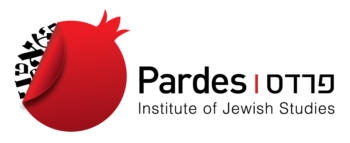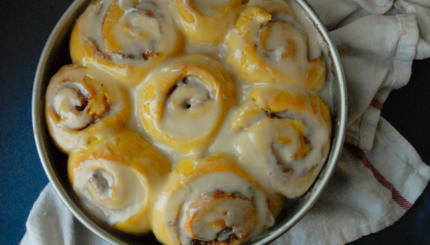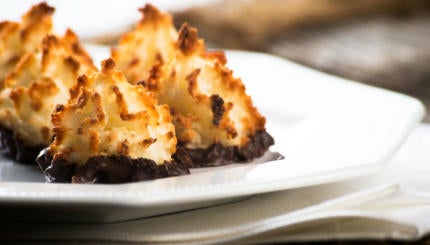Commentary on Parashat Re'eh, Deuteronomy 11:26-16:17
Questions
1. The children of Israel were told to destroy all of the idols, altars, and places of worship of the nations they would dispossess. Where were the children of Israel told to worship?
2. The people were told they could eat flesh within their gates, both clean and unclean. What does this mean?
3. The children of Israel were not allowed to eat the tithes of corn, oil, etc. within their gates. Where were they allowed to eat them?
With your help, My Jewish Learning can provide endless opportunities for learning, connection and discovery.
4. Under what circumstance were the people to disregard the signs and wonders of a dreamer or prophet?
5. What were the children of Israel to do if members of their community drew others away to worship other gods in a specific place?
6. What are the two qualifications for an animal to be eligible for an Israelite to eat?
7. If an animal died on its own, what could an Israelite do with it?
8. The children of Israel were to tithe the produce of their fields every year. What were they to do with the tithe?
9. Every so often, the Israelites were to dispose of the tithe in a different way than described above. How often and what were they to do?
10. When were slaves allowed to go free and under what conditions?
Answers
1. They were told to worship in the place that God would choose to put his name. (12:5)
2. Both those who were ritually pure and those who were ritually impure could eat acceptable meat. But those who were impure could not eat animals eligible for sacrifice; they could eat the hart or gazelle. (12:15)
3. Before God in a place He would choose. (12:18)
4. A prophet was to be ignored if he suggested the people go after other gods to worship them. (13:2-5)
5. The children of Israel were told to follow this wayward group, and kill them and all the inhabitants of the place; also kill the cattle and utterly destroy everything in the place by fire. (13:16-17)
6. Animals had to have a parted and cloven hoof, and had to chew their cud. (14:6)
7. Give it to a stranger within their gates, or sell it to a foreigner. (14:21)
8. They were to eat and enjoy the tithe before God in the place He would choose. If that place was too far away, they were to sell their tithe, go to the place God chose, and buy whatever their heart desired, eat, and rejoice with their household. (14:23-26)
9. Every third year the Israelites were told to take their tithe and lay it up within the gates of their cities so that Levites, strangers, widows, and orphans could enjoy it. (14:28-29)
10. Slaves were allowed to go free in the seventh year, but they were not to be sent off empty handed. The former owner was to furnish them liberally with animals, grains, and wine–in remembrance of how God delivered Israel from slavery in Egypt. (15:12-15)
Provided by the Pardes Institute of Jewish Studies.

Torah
Pronunced: TORE-uh, Origin: Hebrew, the Five Books of Moses.


